Plant
All Plant Content
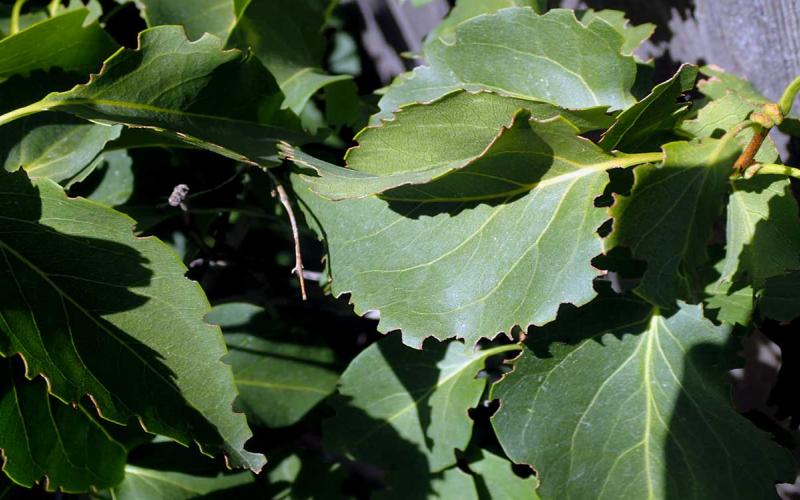
What Is Feeding on My Lilac Bushes?
There have been multiple reports of mysterious defoliation occurring on lilac bushes.The defoliation is often described as notches showing up around the edges of the leaves, resembling the edge of a saw blade.
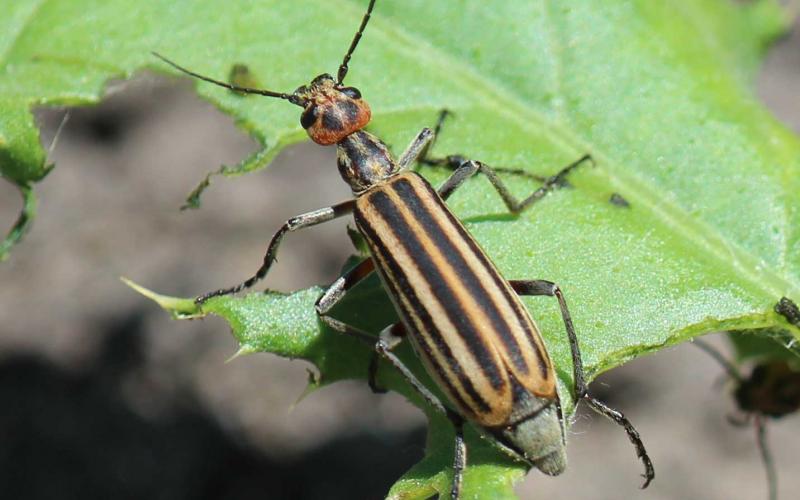
Blister Beetles Causing Problems in Gardens
Typically, we don’t see a lot of issues with blister beetle feeding in gardens. However, when they show up, blister beetles can rapidly defoliate plants.
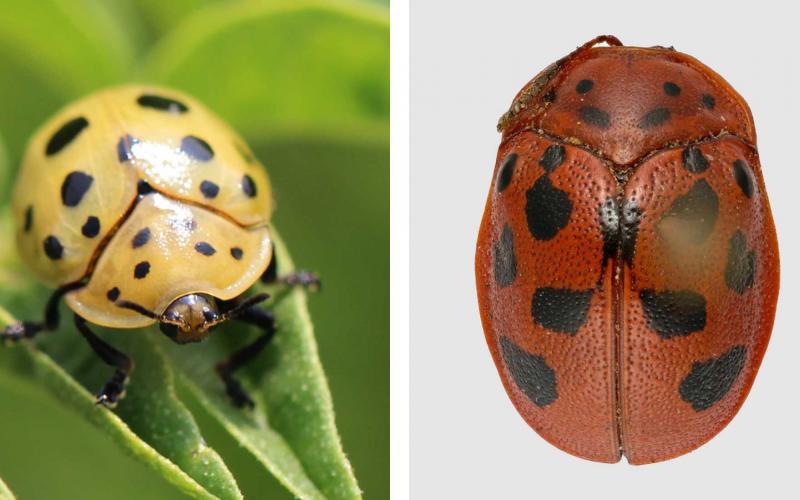
Argus Tortoise Beetle: No, It’s Not a Lady Beetle
Every summer, we receive reports of what looks like a large yellow lady beetle, except that they are defoliating certain plants. It isn’t a lady beetle, it’s the Argus tortoise beetle.
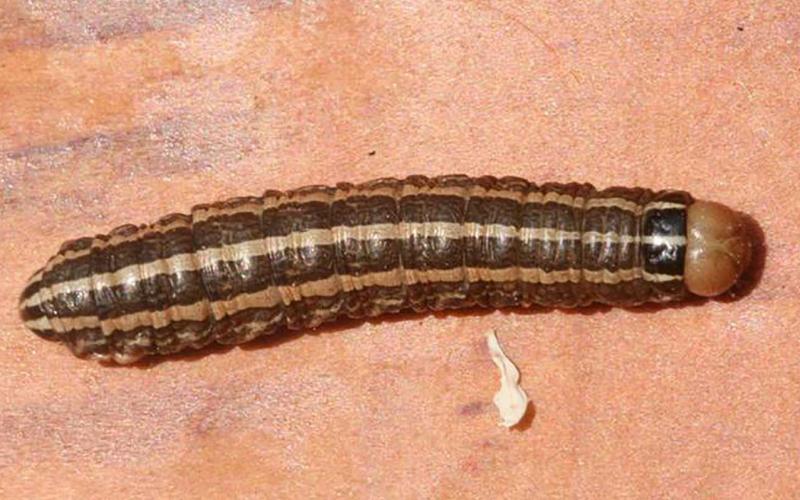
Monitor Lawns and Gardens for Bronzed Cutworm Activity
Bronzed cutworms can be an issue for lawns and gardens in South Dakota. In grass, bronzed cutworms will feed and leave small brown circular patches. Large populations of bronzed cutworm can result in severe lawn injury.
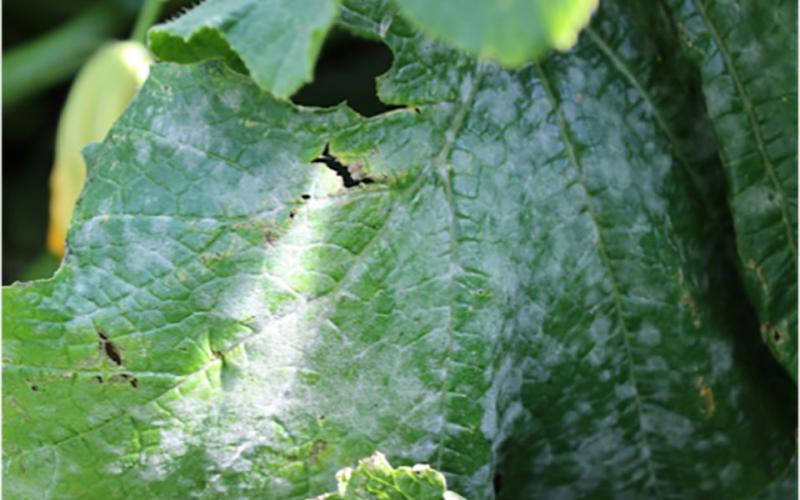
Plant Problems in Cool, Wet Soil
Wet, cool soils are prime conditions for many plant diseases to thrive. Lear more about some of the most-common cool, wet weather problems.
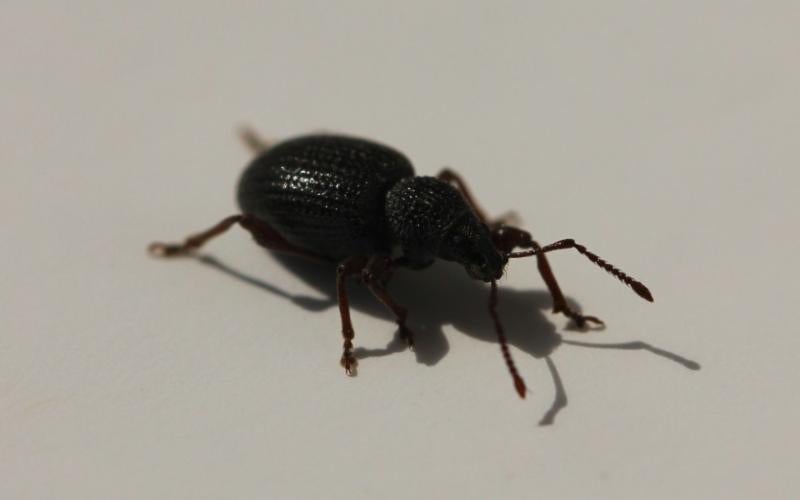
Black Vine Weevils Becoming Active
Black vine weevils are now showing up across the state. It is typical for the adult beetles to emerge in early summer and begin feeding on plant foliage. They primarily feed on lilacs and yews, both common landscape shrubs. Although the adults cause minimal damage, their larvae feed on the roots and can occasionally be a threat to ornamental plants, especially those grown in pots or containers.
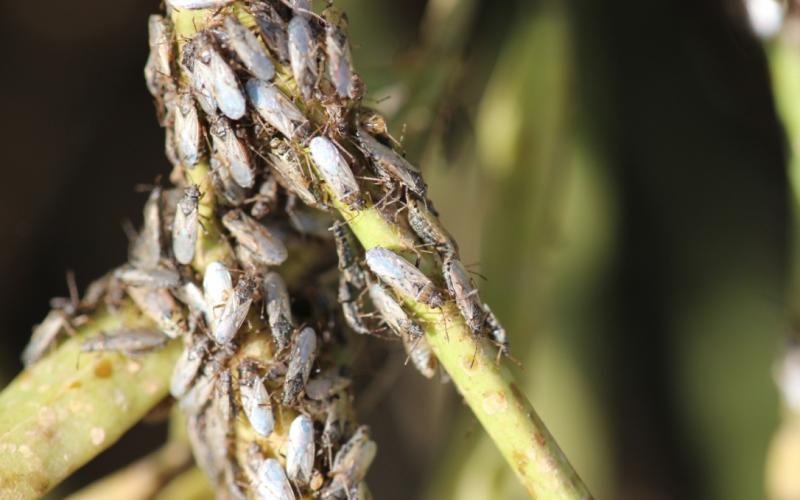
False Chinch Bugs in the Garden
Swarms of false chinch bugs have started appearing in South Dakota this month. Although they are typically only a nuisance pest, their populations can become magnified during cool, wet springs (like this year). In high abundances, false chinch bugs can pose a threat to garden plants, especially Brassica plants such as broccoli, cauliflower, turnips, and cabbage.
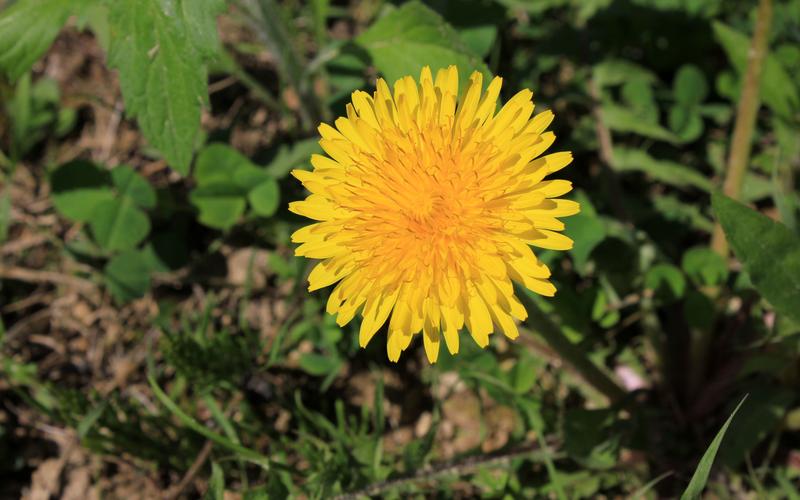
Dandelion Season
The yellow flowers of spring are coming. Spring dandelion treatments are not as effective as fall, but they can be used to stop the yellow flowers from producing viable seed.
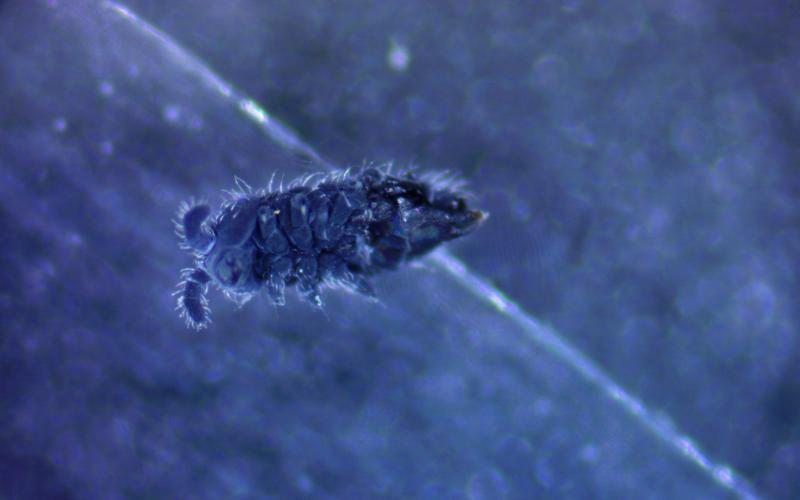
What are those black bugs jumping on the snow?
One of the first critters you may notice in early spring or even late winter are snow fleas. These tiny arthropods can be an odd sight when they appear by the hundreds on top of snow drifts that are melting on warm, sunny days.
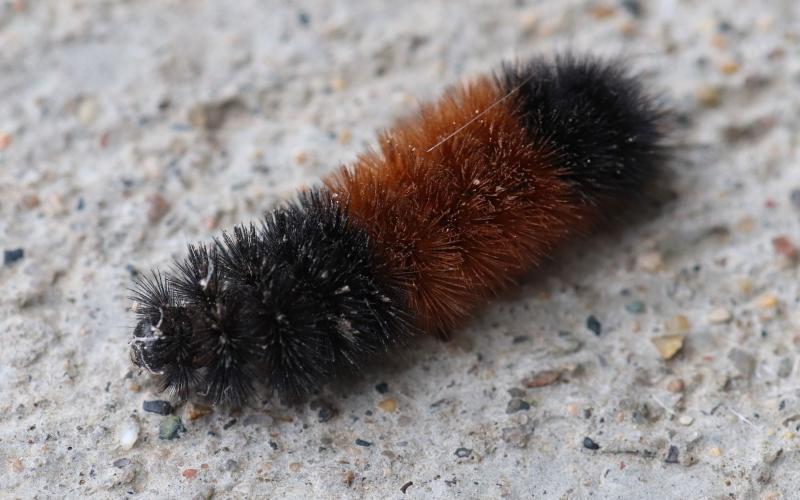
Are those woolly bear caterpillars I see crawling?
Anyone that spent the weekend outdoors may have observed flies, wasps, bees, and others flying around for the first time this year. One of these insects is a familiar one, the woolly bear caterpillar.